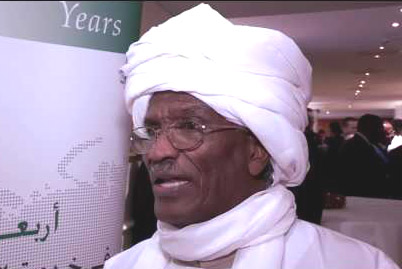
According to current substantive laws, a written will is a legal document explaining how to distribute the property after the death of the maker of the will, the “testator”. So, the testator, knows all details regarding distribution of his property before his death and there are specific guidelines from him to others to follow. Of course, there is great personal and physiological relief in this arrangement. Whereas, on the other hand, the property of a person who dies intestate “without a will” is normally distributed according to the current substantive laws in the country, whether he likes or not, makes no difference because he has no will to leave a “will”.
The estate of a person who dies intestate is handled in almost the same way as the estate of a person who dies after preparing a will. However, there are differences. A major difference is that the person who manages the estate is called an “administrator” rather than as “executor”. The administrator is appointed by the Court rather than by will prepared by a testator. Mostly, closest relatives of the deceased petitions the Court to be appointed as administrator. Notice of this appointment is sent to other persons who are entitled to share in the estate.
The property of a person who dies intestate is distributed to the person’s heirs as provided for in the law. The heirs are the persons related, either by blood or marriage, to the deceased person who share in the estate of a person who died intestate. The substantive laws in each country, determine the heirs and how much percentage or amount they are entitled to receive. The closer the relationship of the heir to the deceased, the greater the share that the heir receives.
In US, details of how much each heir is entitled to are provided for in the law of each state. Examples, if spouse only without children, all estate to be passed to the spouse. If spouse and children, one third to the spouse and two thirds to be shared by the children. If children with no spouse, children to receive everything. It is important to mention that, definition of children includes adopted children.
If a person dies intestate and no living blood relatives can be found, the estate becomes the property of the country \ state. This could be, inter alia, a clear disadvantage to die intestate.
